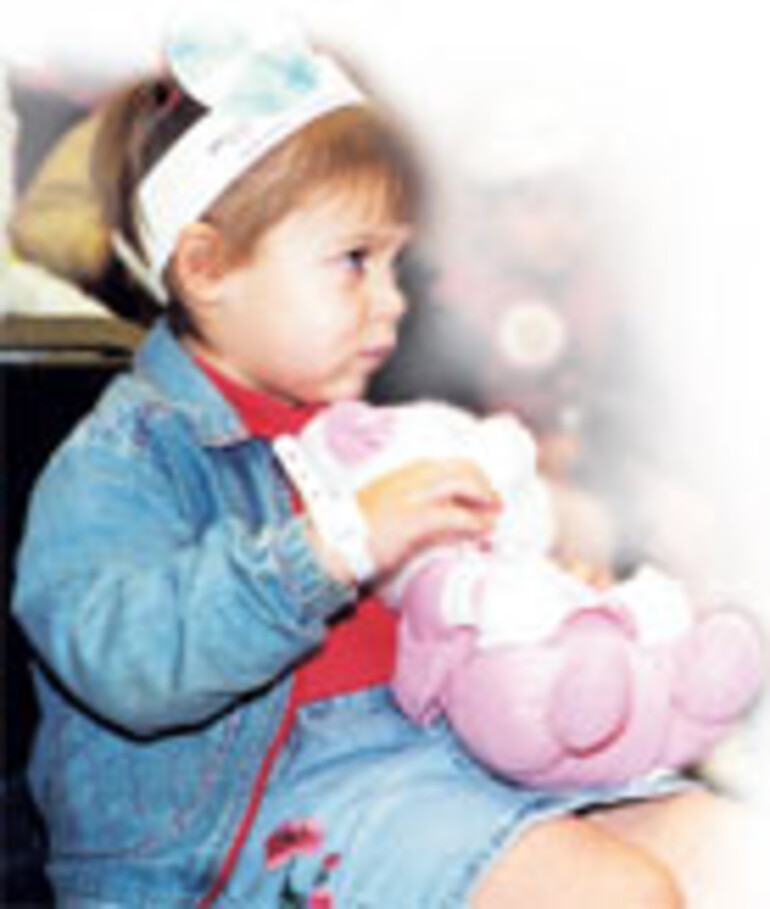Kids. Their jam-splattered smiles disarm us. And their sticky hugs at the end of a busy workday put projects and deadlines in proper perspective. They are undoubtedly what matters most to moms, dads, grandparents, and godmothers alike. Which is why Adventist Health offers a host of services tailored especially for the next generation.
It may seem counterintuitive, but when it comes to caring for kids, we don’t start with kidsæwe start with parents. Two mornings a week, 20 moms and dads gather at Walla Walla General Hospital (WWGH) with toddlers in tow for “TotSpot,” a bilingual parent-education program offered in conjunction with the local community college.
While parenting is challenging under normal circumstances, it can be further complicated by childhood diseases such as diabetes. To help children and their parents cope with the complex regimens surrounding this ailment, WWGH recently introduced a “Diabetes Support Group for Kids.”
The popular, new service is as much about peer support as it is about education. Between monthly lectures on diet, skin care, and insulin injection techniques, the group finds time for picnics in the park and hanging out.
“It’s good for the kids to be together…to know that they’re not alone,” says Stan Ledington, director of Community Health Education at the hospital.
In another effort to ease fear of the unknown, WWGH hosts an annual “Teddy Bear Check-up.” While stuffed toys are being examined and bandaged, their young owners get better acquainted with the hospital by visiting various departments, meeting caregivers, and, of course, collecting prizes along the way.
Most children associate hospitals with broken bones and stitches, but several hospitals have given them another reason to visitæwork experience. The teen volunteer program at Tillamook County General Hospital helps high school students in rural Oregon fulfill educational requirements, while learning about the importance of giving back to the community.
Each school year, dozens of teens hit the halls to deliver flowers, transport lab specimens, file reports, and lend support to patients, family members, and staff. During the past year, their efforts translated to nearly 700 hours of service.
“They come with such a positive energy,” says Jan Grosulak, director of Volunteer Services. “We’re always hoping to entice some to the health care profession.”
Adventist Medical Center
In Portland, Ore., Adventist Medical Center (AMC) is equally clear about its intentions. To encourage teens to consider a career in health care, the hospital serves as one of only two medical posts in the “Explorers” program, a division of the Boy Scouts of America. Roughly 20 teensæboth male and femaleæparticipate in the after-school program, which literally lets them set their own agenda.
Hot spots typically include the ER, physical therapy, and surgery. The Medical Explorers are also drawn to the high-tech world of radiology, and the morgue continues to be morbidly popular. At each elected destination, a physician or employee provides a brief lecture, followed by a question-and-answer session.
While it’s hard to know how many of these teens end up pursuing a health care career, AMC does it’s best to pique their interest. And many of them end up volunteering at the hospital, so the program is obviously doing something right. •
Regina Erickson is communication and public affairs manager for Adventist Health.










